2025 Update on Australian and NZ Compostable Certifications
There have been new updates to the Australian and New Zealand standards for compostable certifications. I’ve outlined the requirements and proper methods for disposal for home and industrially compostable products below to simplify the new updates.
Staying up-to-date with the latest compostable requirements means that you are able to identify and properly dispose of compostable products to ensure their intended lifecycle is achieved!
At Compostable Alt. all our products are certified home compostable on top of being certified commercially compostable. This not only insures they comply with all States ban requirements, they are also the easiest and fastest types of packaging to compost.
Home Compostable Certification AS 5810 - 2010
According to the Australian Standards for home composting, the certification AS 5810 requires compostable products to disintegrate after 180 days (6 months) and completely biodegrade after 12 months in a home compost.
That means 90 percent or more of the product material will have been converted to CO2. The remaining share is converted into water and biomass – i.e. valuable compost. Compost is used as a soil improver and can in part also replace mineral fertilisers
Compostable products that are tested and certified according to the Australian Standards for home composting AS5810 must fulfil specific technical requirements.
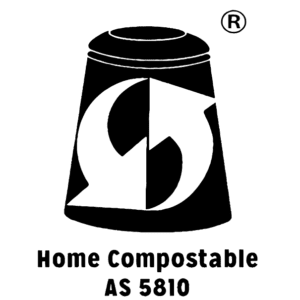
Requirements:
- At least 90% of the material disintegrates into tiny pieces (<2mm) within 6 months in a home compost.
- At least 90% of the material biodegrades within 12 months at ambient home composting temperatures (20–30°C).
- No toxic effect of the resulting compost on plants and earthworms
- Hazardous substances such as heavy metals should not be present above the maximum allowed levels
- Must contain more than 50% organic (carbon-based) material
- Declaration that fluorinated chemicals (PFAS, PFOA) are not intentionally added to products.
Disposal:
Anywhere there is oxygen and microorganism: a home compost, garden, green bin, worm farm, composter.
Home composting conditions vary from the products simply being buried in soil to well managed home composting conditions with regular turning and maintenance of moisture levels. Under the latter conditions, AS5810 certified home compostable products will disintegrate and biodegrade well within the time frames included in AS5810, at the same rate as would other organic matter like food scraps.
Industrially Compostable Certification AS 4736 - 2006 (aka: Commercially Compostable)
According to the Australian Standards for commercial composting, the certification AS 4736 requires compostable products to disintegrate after 12 weeks and completely biodegrade after 6 months in a dedicated composting facility. If a plastic material claims to be biodegradable and compostable in Australia, it must comply at least with Australian standard AS 4736‐2006.
This standard provides assessment criteria for plastic materials that are to be biodegraded in municipal and commercial aerobic composting facilities. This Australian standard is similar to the widely known European EN 13432 standard, but has an additional requirement of a worm test. Commercially compostable products are the most common in the market. They often don’t specify if they are commercially or home compostable and are often labelled as a “compostable product” which can be misleading. Commercially compostable products that are tested and certified according to the Australian Standards for commercial or industrial composting AS 4736 must fulfil the same specific technical requirements as above.
Requirements:
- At least 90% of the material disintegrates into tiny pieces (<2mm) within 12 weeks.
- At least 90% of the material biodegrades within 6 months at high composting temperatures (55-60°C).
- No toxic effect of the resulting compost on plants and earthworms
- Hazardous substances such as heavy metals should not be present above the maximum allowed levels
- Must contain more than 50% organic (carbon-based) material
- Declaration that fluorinated chemicals (PFAS, PFOA) are not intentionally added to products.
Disposal:
An industrial composting facility via the FOGO (Food Organic Green Organic)/green bin collection that accepts them.
Currently, only 164 out of 536 Councils in Australia provide access to a FOGO/green bin collection. Among these, only 43 Councils accept compostable packaging.
Source: Compost Connect (2025)
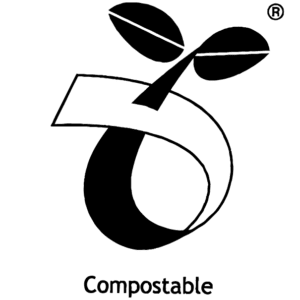
About the author:
Marion is a French – Australian entrepreneur, profoundly interested in the composting industry. Her words are her own thoughts and come from her research and learning. Although she quotes and sources the information she shares, Marion is not a scientist or a researcher and her opinions should not be understood as a scientific truth.
Through her findings and experience in the industry, she is attempting to support hospitality businesses and producers in their search of alternative choices to single-use and other types of plastic packaging. You should always do your own research to best inform yourself.
Did you find this article useful? Share this article with your community
Compost Club Blog
- All Posts
- Coffee Cups
- Composting
- News
- South Australia
- Back
- commercially compostable products
- home compostable products
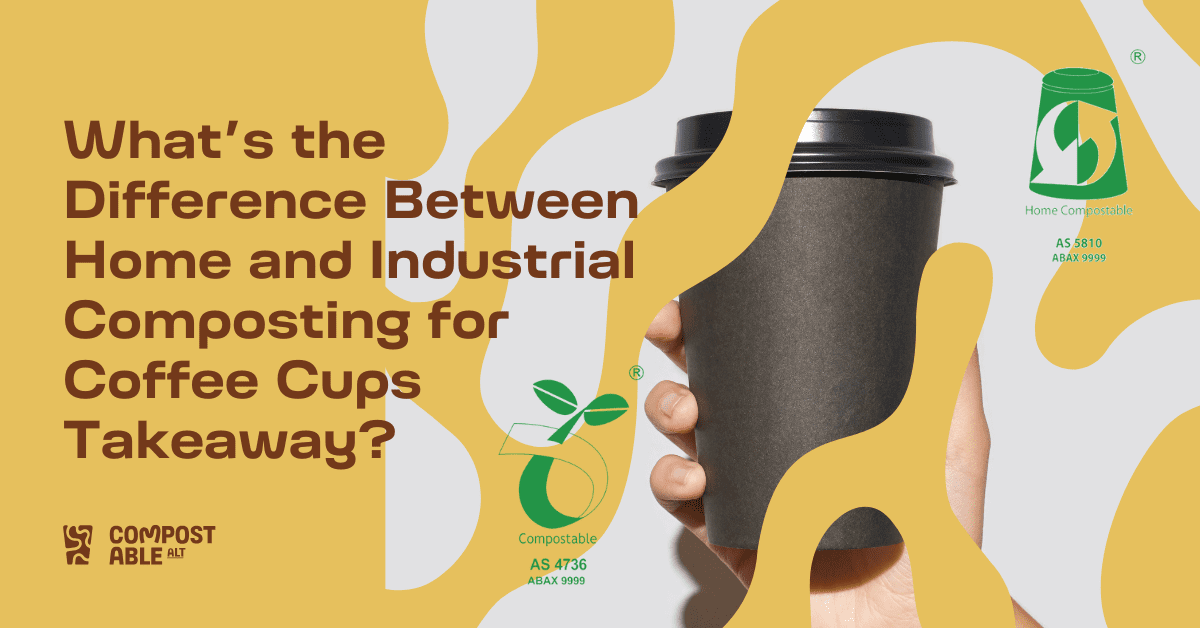
What’s the Difference Between Home and Industrial Composting for Coffee Cups Takeaway? When it comes to coffee cups takeaway, the...
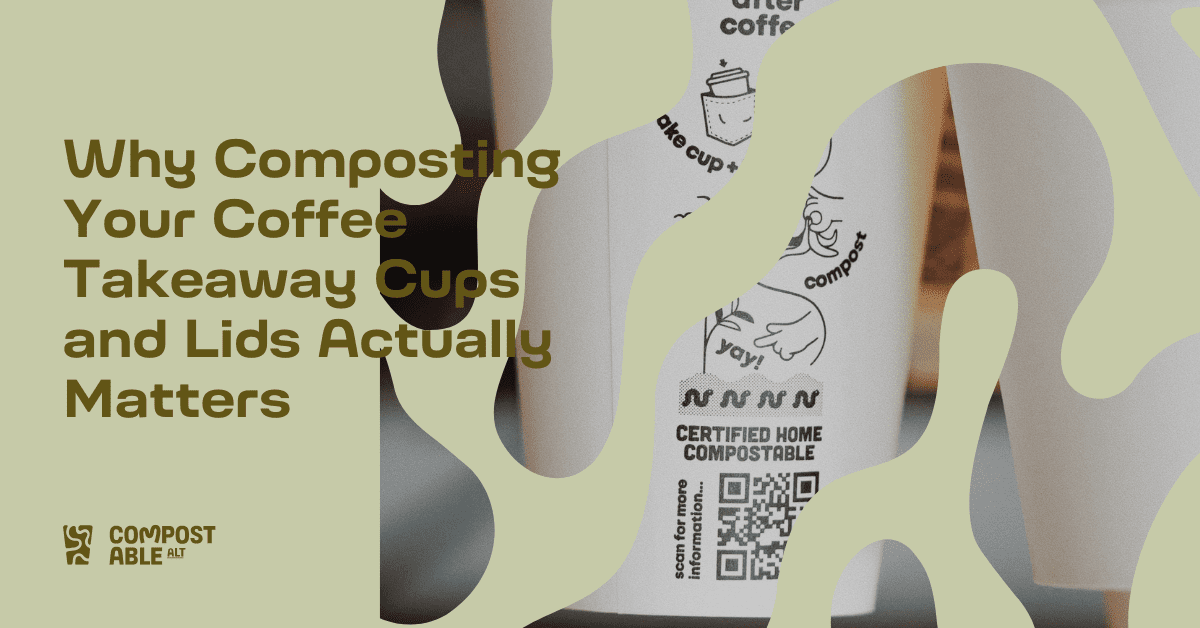
If you’re like most Aussies, coffee cups takeaway are part of your daily routine. Maybe it’s your morning long black...
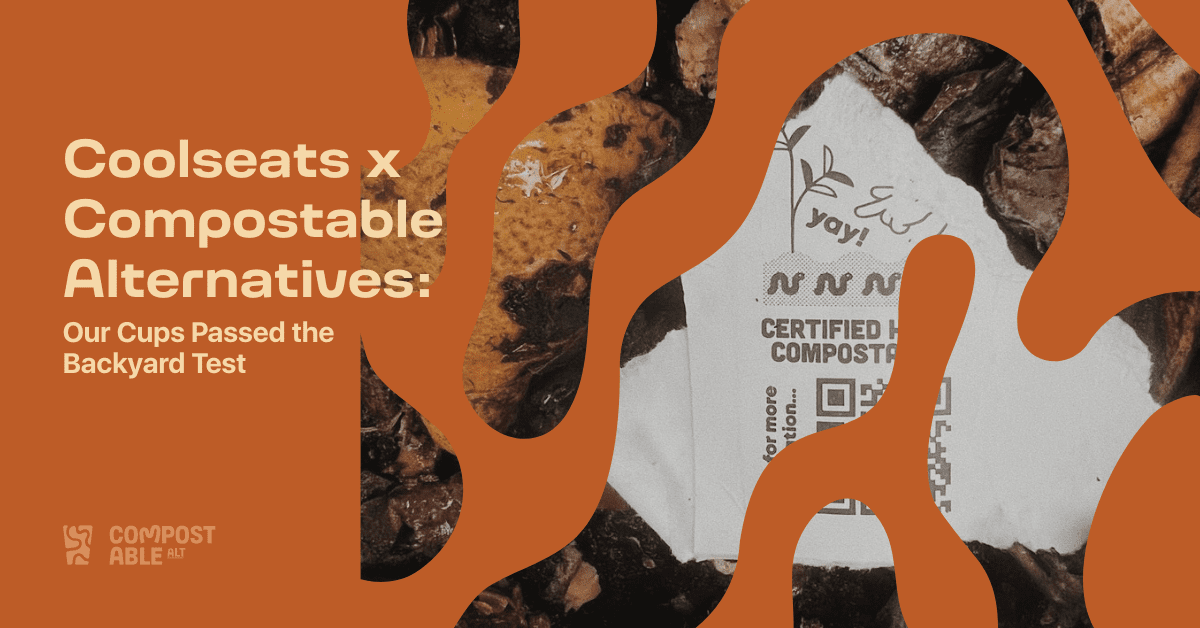
If you’ve ever doubted whether compostable coffee cups actually break down in real-world conditions, this blog post is for you....


